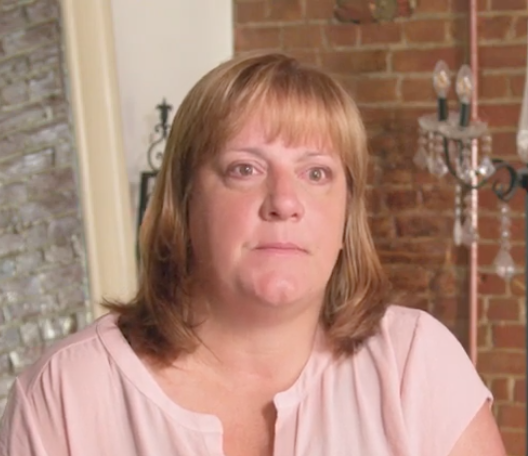On November 5, 2019, over 1.7 million Pennsylvanians voted for Marsy’s Law.
What is Marsy’s Law?
Marsy’s Law would ensure that victims have the same co-equal rights as the accused and convicted – nothing more, nothing less.
Featured Stories
In their own words, hear why it’s time for Marsy’s Law in Pennsylvania.
Jennifer Storm is working to make sure no one has the same experience she did.
Jennifer Storm is working to make sure no one has the same experience she did.
Learn More
Use your voice to give crime victims theirs. - Philadelphia Councilwoman Blondell Brown
Use your voice to give crime victims theirs. - Philadelphia Councilwoman Blondell Brown
Learn Mor
Congressman Reschenthaler believes victims deserve equal rights.
Congressman Reschenthaler believes victims deserve equal rights.
Learn More
Victims deserve dignity and respect. - Tommy Williams
Victims deserve dignity and respect. - Tommy Williams
Learn More
Marsy's Law balances the criminal justice system. - Dr. Monique Howard
Marsy's Law balances the criminal justice system. - Dr. Monique Howard
Learn Mor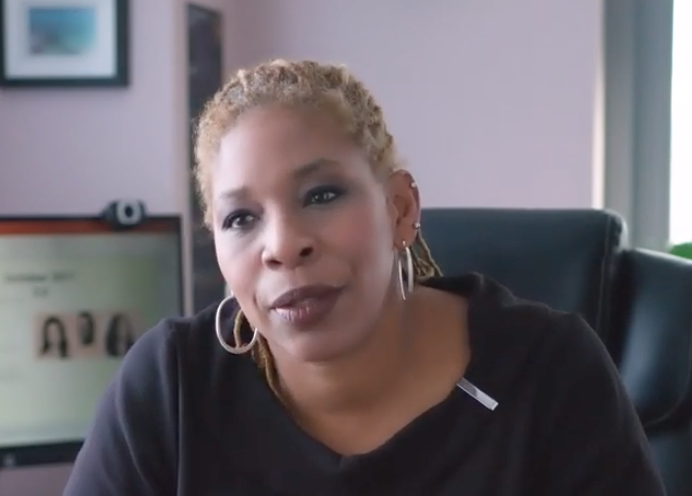
Chester County DA Tom Hogan supports Marsy's Law.
Chester County DA Tom Hogan supports Marsy's Law.
Learn More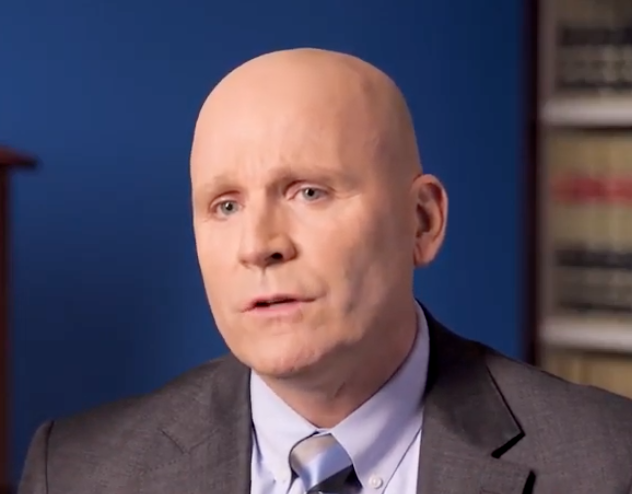
Victims don't have a political party. - State Senator John Sabatina
Victims don't have a political party. - State Senator John Sabatina
Learn More
Marsy's Law means justice for victims and survivors - Aja Beech
Marsy's Law means justice for victims and survivors - Aja Beech
Learn Mor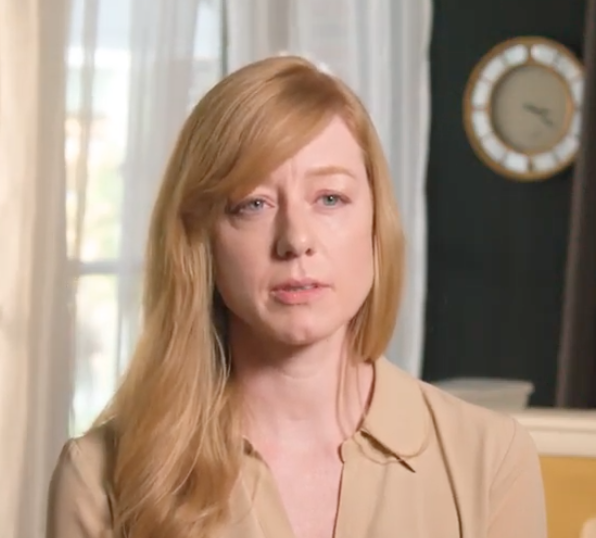
We want to know that we are heard. - Ameela Boyd
We want to know that we are heard. - Ameela Boyd
Learn More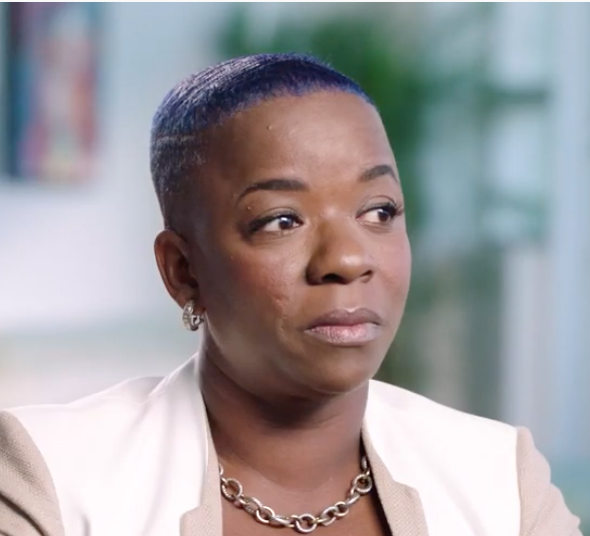
I was treated like an afterthought by the system – Kristine Irwin
I was treated like an afterthought by the system – Kristine Irwin
Learn More
Marsy's Law provides equal rights for crime victims. - Shameekah Moore
Marsy's Law provides equal rights for crime victims. - Shameekah Moore
Learn More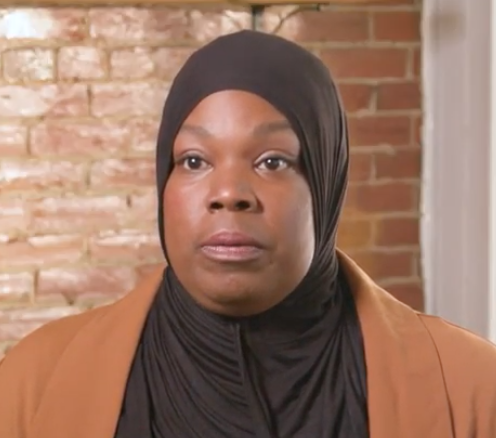
FAQs
-
How is a constitutional amendment passed in Pennsylvania?
The most common way to initiate a change in the constitution is through a single-subject Amendment that is proposed by concurrent resolution of both houses. However, it is not a bill. It is a proposal required to be passed by two consecutive two-year sessions of the General Assembly and advertised in two newspapers of general circulation in each county before it can be placed on an election ballot after the second session’s passage. That passage is required to be accomplished only by majority vote of each house.
-
Will Marsy’s Law make the victim a party to the criminal case?
The victim’s role in the criminal case will not change. The victim is not a party to the criminal case. Rather, the victim under Marsy’s Law is simply a person with certain rights. The prosecutor remains in control over the case and makes all the decisions in the prosecution of the crime.
-
Why isn’t the Pennsylvania Crime Victims Bill of Right sufficient?
Statutory rights are insufficient because victims do not have standing if statutory rights are not enforced -- and they can be changed by simple majorities. Victims deserve to have constitutional protections, just as those who are accused and convicted.
-
Will victims' rights trump defendants' rights?
Victims’ rights will not trump defendants’ constitutional rights. Victims’ constitutional rights create balance with defendants’ constitutional rights. The courts have the ability to balance rights if a conflict arises between a victim’s right and a defendant’s right.
-
Will new victims’ rights cause long costly delays in the prosecution?
Will forcing prosecutors to speak to the victims before finalizing a plea deal, giving victims notice of court hearings and providing victims with the right to provide input at hearings cause long costly delays in the prosecution?
More than 30 states have constitutional victims’ rights and their criminal courts have not been derailed. Speaking to a victim before finalizing a deal or a bail hearing is currently in statute in Pennsylvania and therefore is common practice.
-
Will constitutional victims’ rights lead to overcrowding in prisons placing an unnecessary impact on the correctional system?
The parole board should have all pertinent information when deciding if an inmate should be paroled, and this includes information from the victim. Victims should have a right to know if their perpetrator will be released (possible safety concerns) and have an opportunity to explain to the parole board why an inmate should or should not be released.
-
Will allowing the victim to have constitutional rights be costly?
Since Marsy’s Law rights are currently in statute, there will be minimal cost in implementation. The implementation process will be a collaborative effort between victim advocate groups, law enforcement, prosecutors and judges.
-
Does Marsy’s Law require an affirmative obligation for prosecutors or law enforcement officials to provide notice even if victims don't invoke their rights?
The constitution gives victims the right “to reasonable and timely notice….” It does not specify upon whom the duty to provide notice falls. It is well-settled law that prosecutors are not the lawyers for victims.
Prosecutors represent the state and not the victim. If there is a duty imposed on prosecutors (and there is none imposed directly by Marsy’s Law) it would have to come from the legislature.
Marsy’s Law requires victims to assert their rights. Absent such an assertion, there is no duty that automatically falls on law enforcement to provide notice.
-
Does Marsy’s Law require the court system to notify victims before a bond hearing can be scheduled?
The right, which the victim must “request,” is to “reasonable” notice of the proceeding when it is scheduled, not to dictate when it will be scheduled or to delay its scheduling in any way.

